GlobIS Review, Volume 2, Issue 1 (©Background)
Volume 2, Issue 1 June 2025 Migration and the Iranian Diaspora
GlobIS Review
Volume 2, Issue 1
Migration and the Iranian Diaspora
June 2025
ISSN 2818-9434
Migration and the Iranian Diaspora
June 2025
ISSN 2818-9434
© Background Photo by Mehdi Sepehri on Unsplash
Editorial Note: Migration and the Iranian Diaspora
Around the turn of the twentieth century, small yet diverse Iranian emigrant communities had established themselves primarily in neighboring regions. These included individuals who migrated for trade or employment–such as to India or the Caucasus–as well as elite families living in exile in cities like Beirut, and clerics or religious households who settled near sacred shrines...
Social Science in Iran
The Emigration Impulse in Iran
Longing to Leave: Migration in Iranian intersubjectivity by Mehrdad Arabestani
Leila Araghi
TIn his book, Longing to Leave: Migration in the Iranian Intersubjectivity, Mehrdad Arabestani explores migration as it is experienced mentally and culturally within Iranian society. He seeks to problematize the ways Iranians comprehend the concept of “migration” in their intersubjective mentality...
From Travelogue to Novel: Representing Iranian Migration in Three Non-Academic Narrativesh
Omid Asayesh
This article introduces and examines three distinct works that explore the experiences of Iranian migrants, each approaching the subject from a different angle. One is a narrative-driven novel, another a critical travelogue, and the third a guidebook intended to offer practical advice for Iranians considering migration…
Leaving, Staying, Returning: A Narrative Study of Migration Decisions of Educated Iranians, 2011-2021
Mina Azizi
Migration studies in Iran have predominantly focused on outmigration and the desires of those seeking to leave, thereby marginalizing other subjectivities, practices, and alternative trajectories. In my doctoral dissertation, I seek to move beyond this monolithic lens by foregrounding the diversity of subjectivities, choices, and lived experiences, and by highlighting trajectories that are often marginalized–using a narrative-based approach...
Homo Emigraturus: Exploring the Collective Yearning for Migration, The Case of Iran
Omid Asayesh
Although migration has been a significant phenomenon in Iran for a long time, it has become a central factor in explaining the country’s political, social, and economic changes in recent years. The increasing influence of migration on Iranian lives does not inherently arise from a rise in migration rates; rather, it is tied to the growth of a population we refer to as “Homo Emigraturus,” who organize their lives around aspirations and preparations for migration...
Iranian Studies in the World
On the Uses and Disadvantages of Exile and Diaspora for Iranian Studies
This Flame Within: Iranian Revolutionaries in the United States by Manijeh Moradian
Arash Davari
In the introduction to a field-defining 2011 special issue about Iranian Diaspora Studies, Babak Elahi and Persis Karim register a shift from descriptions of Iranian life outside of Iran as ‘exile’ to ‘diaspora.’ ‘Exile’ was the stock phrase used during the 1980s when large waves of expatriates settled abroad without tangible prospects for returning to Iran…
The Limits of Whiteness
The Limits of Whiteness: Iranian Americans and the Everyday Politics of Race by Neda Maghbouleh
Mitra Rastegar
I had always thought my confusion about my own racial identity had more to do with the light skin and blue eyes I inherited from my white mother than with the fact that my accented, olive-skinned, and “Middle Eastern”-looking father told me that Iranians are considered white…
Tehrangeles Dreaming
Tehrangeles Dreaming: Intimacy and Imagination in Southern California’s Iranian Pop Music by Farzaneh Hemmasi
Amy Malek
It’s nearly impossible to attend an Iranian celebration–whether a wedding, party, or Nowruz gathering–anywhere in the world without hearing the infectious rhythm of “6/8” (shesh-o-hasht). This exuberant, dance-oriented music, though often associated with Tehran, was largely born in Los Angeles. Reactions to the genre are deeply split: for some, these songs evoke nostalgia and joy; for others, they are dismissed as shallow, clichéd, or even embarrassing…
Dialogue
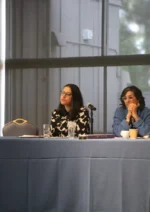
On Iranian Diaspora Studies: A Conversation between Persis Karim & Amy Malek
Persis Karim & Amy Malek
In recent years, the notion of home has become a central concern in diaspora and migration studies–not merely as a physical location, but as a deeply felt, continually negotiated space of identity, memory, and belonging…

From Founding to Closure A Conversation about Iran’s Migration Observatory
Bahram Salavati
Iran’s Migration Observatory had a short lifespan. Launched in 2017 at Sharif University in Tehran, it was effectively shut down in 2024, after its building was confiscated by the new administration at the university...


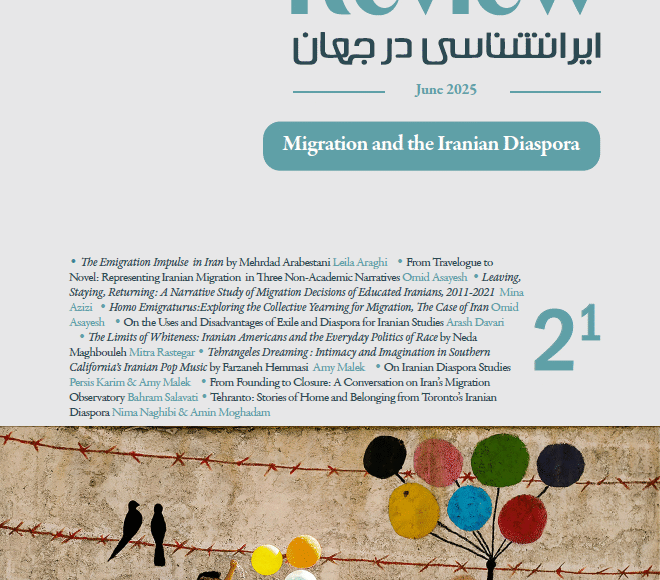
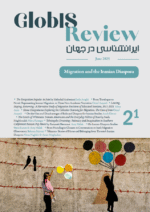
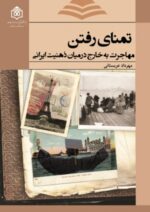
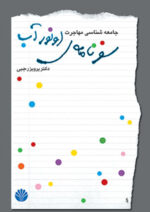

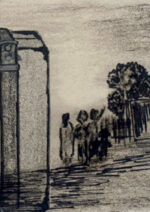
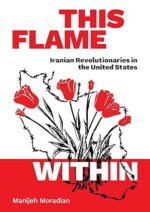

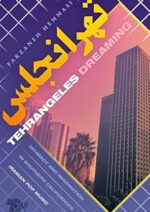
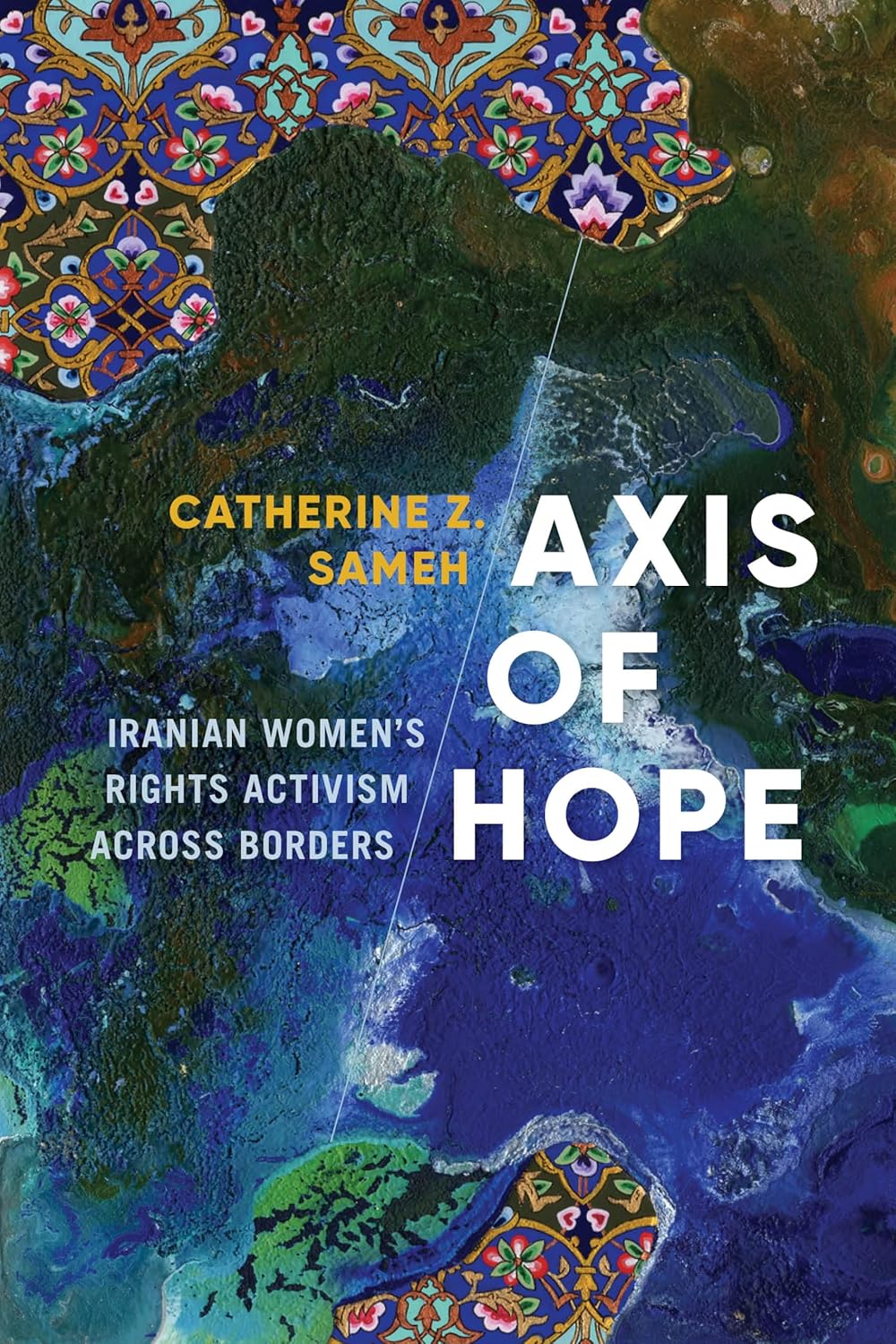
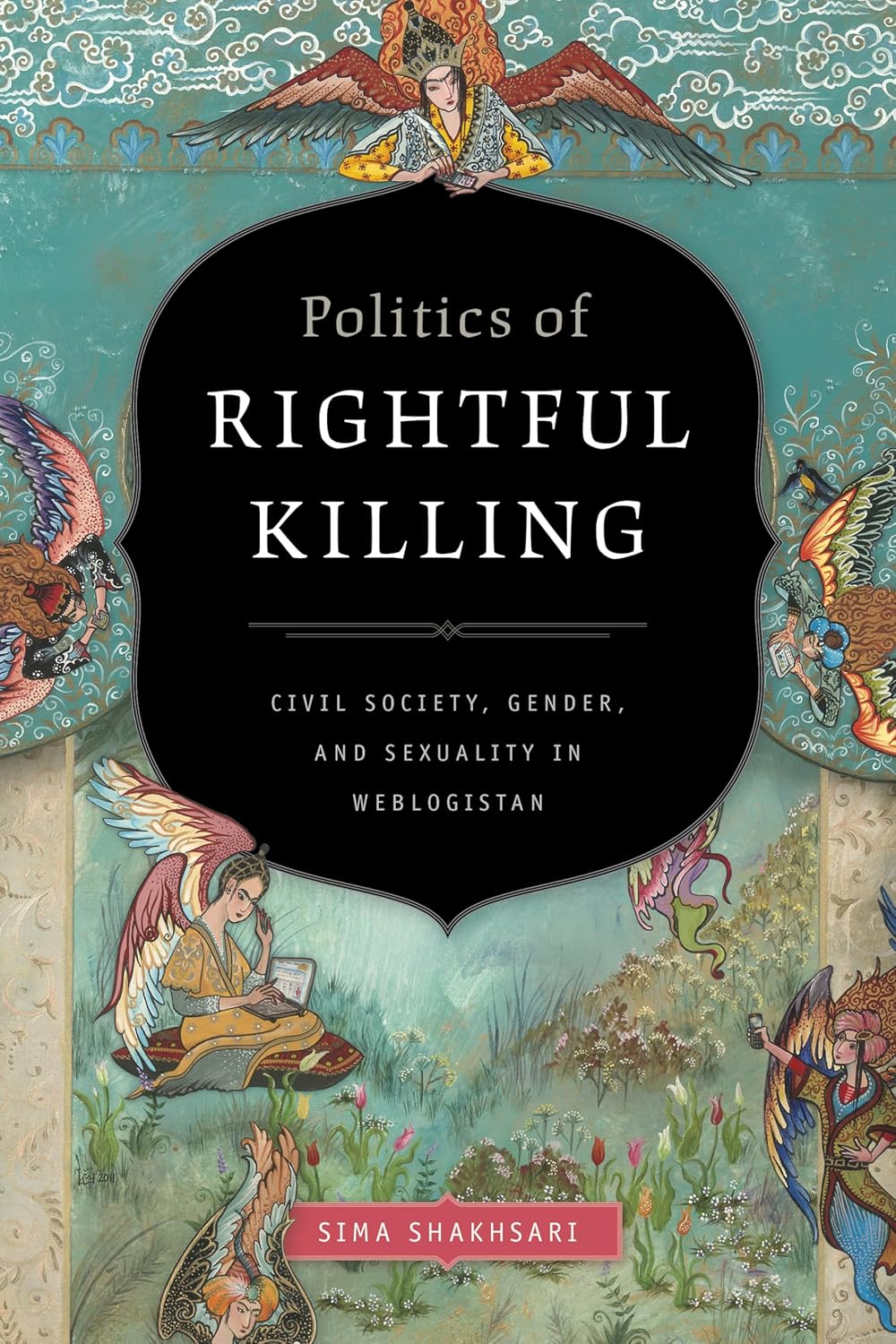
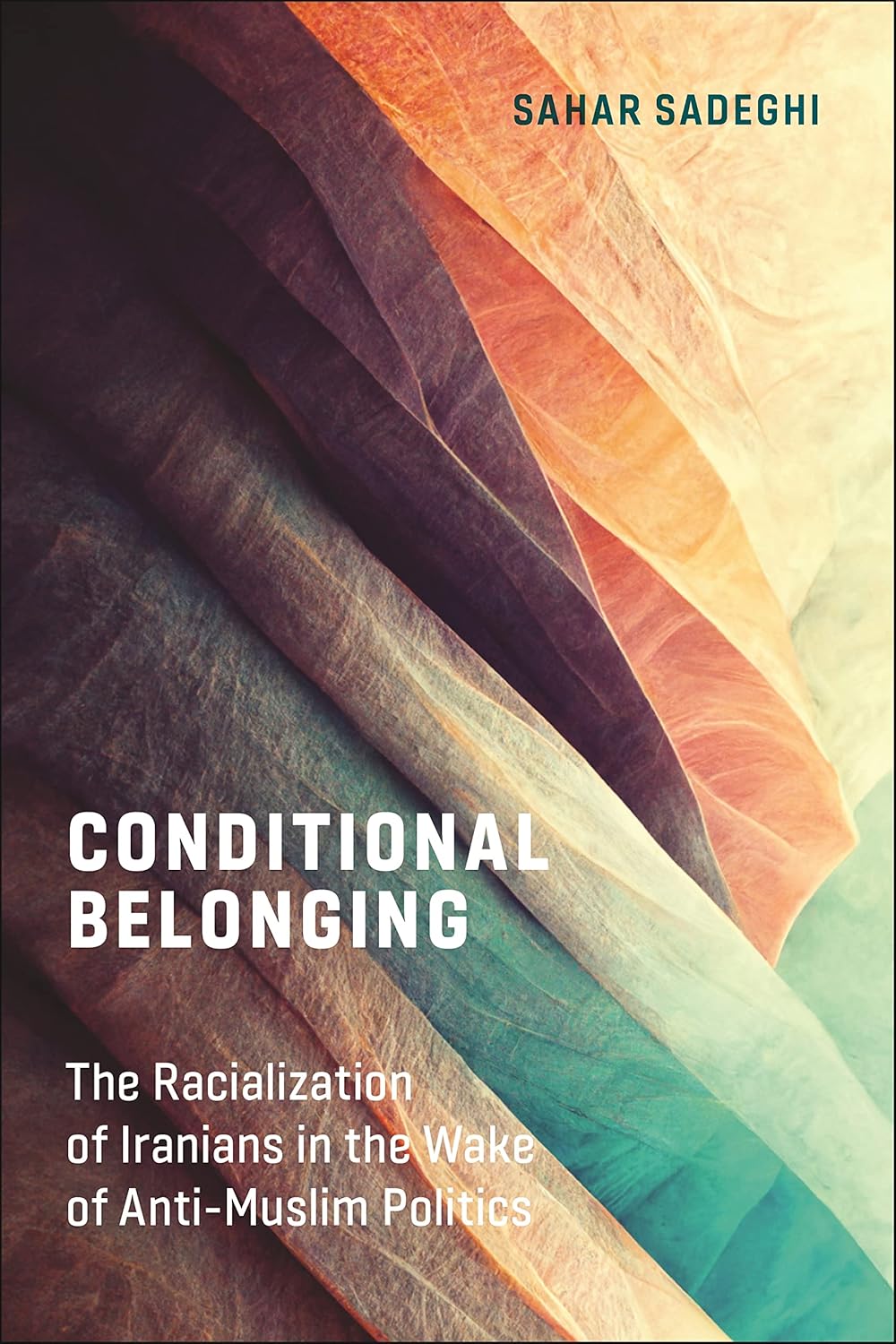
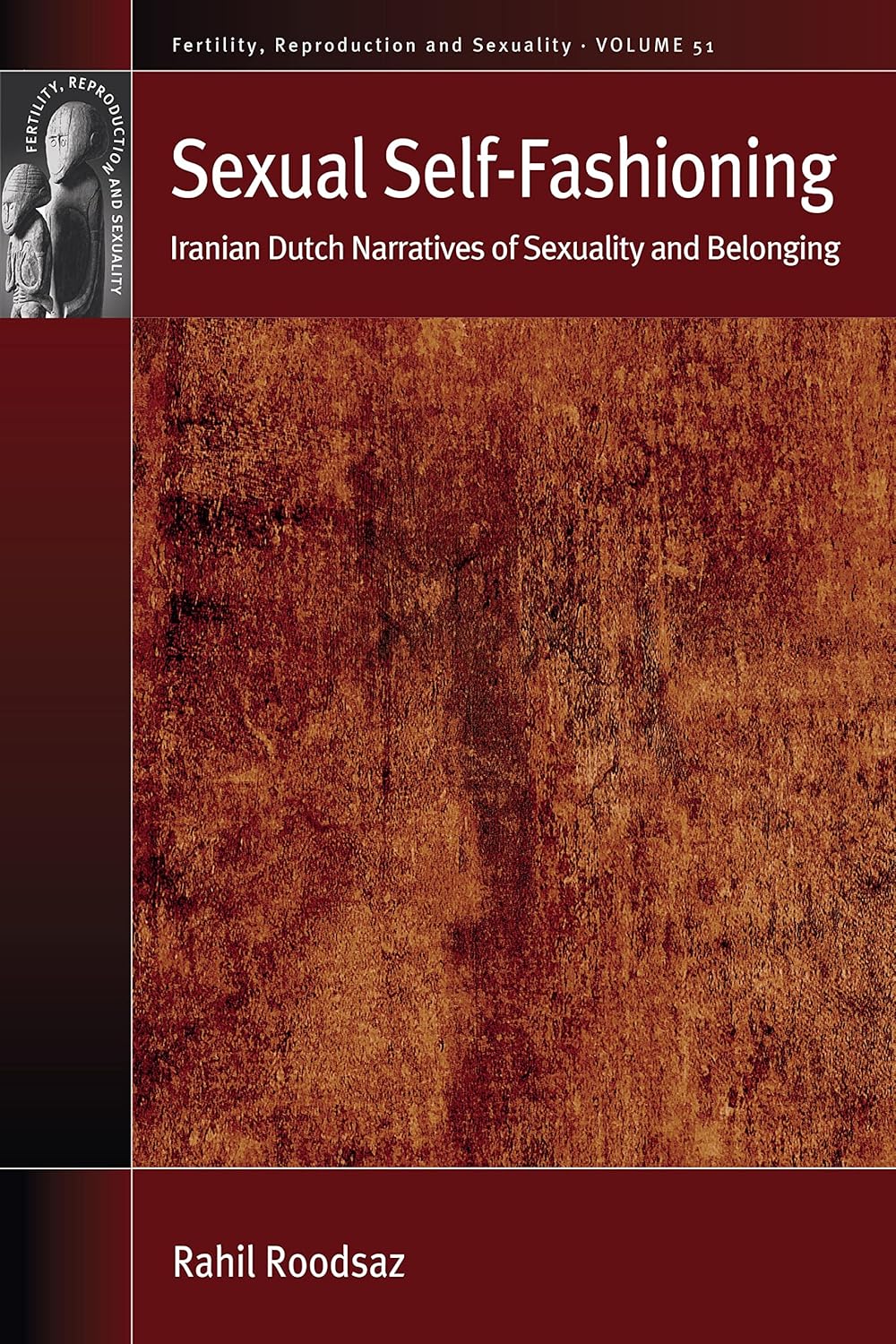
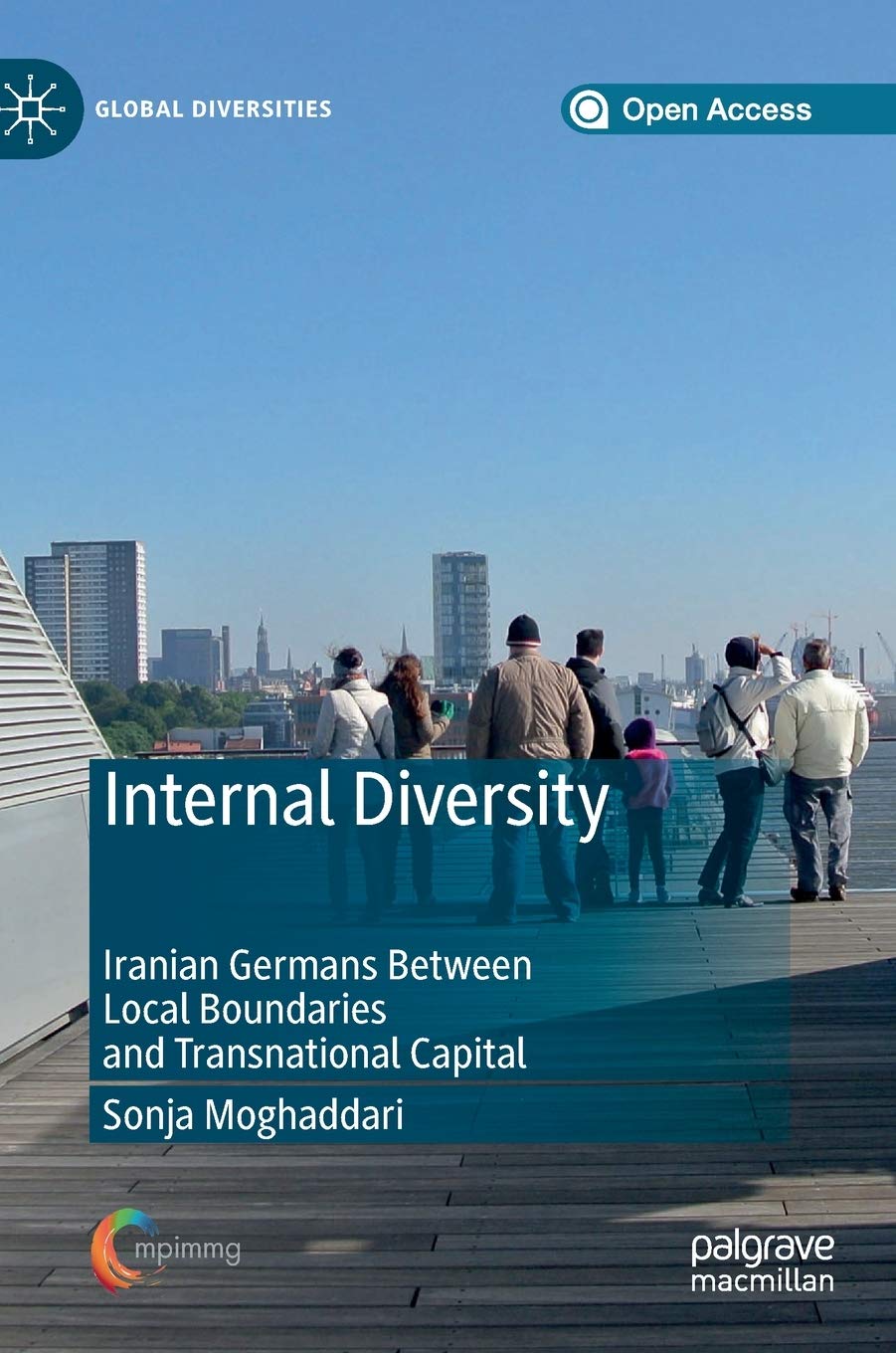
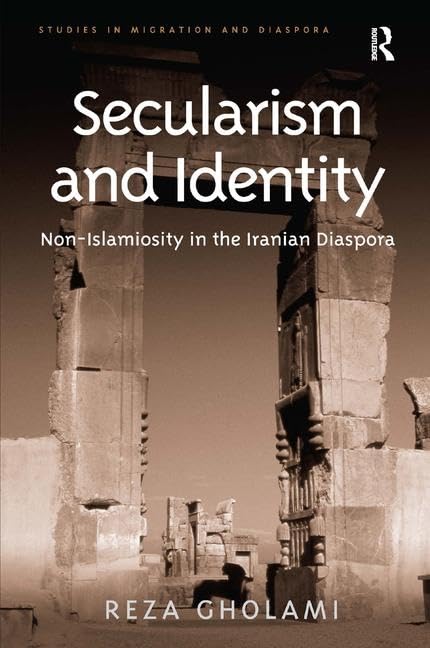
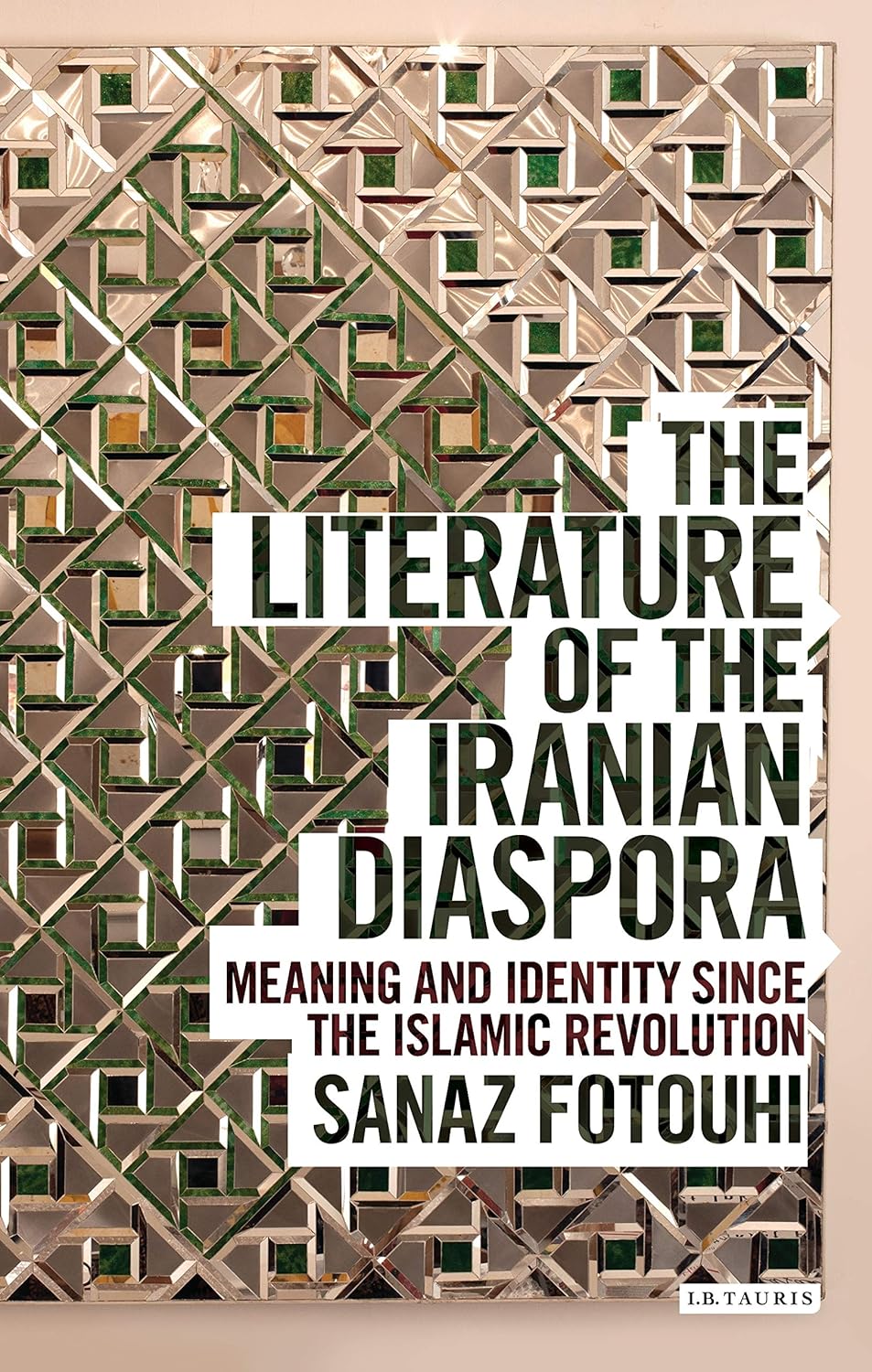
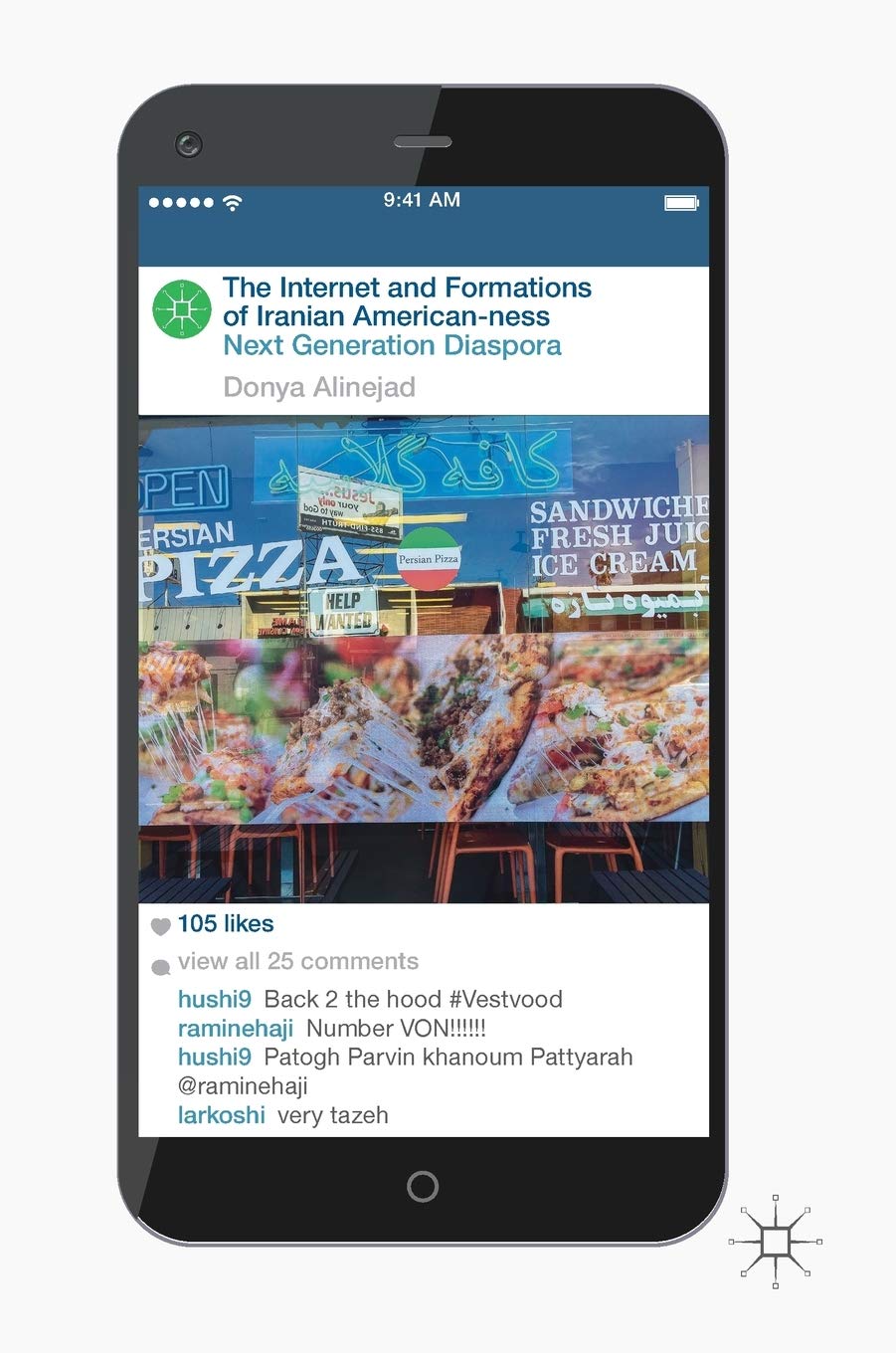
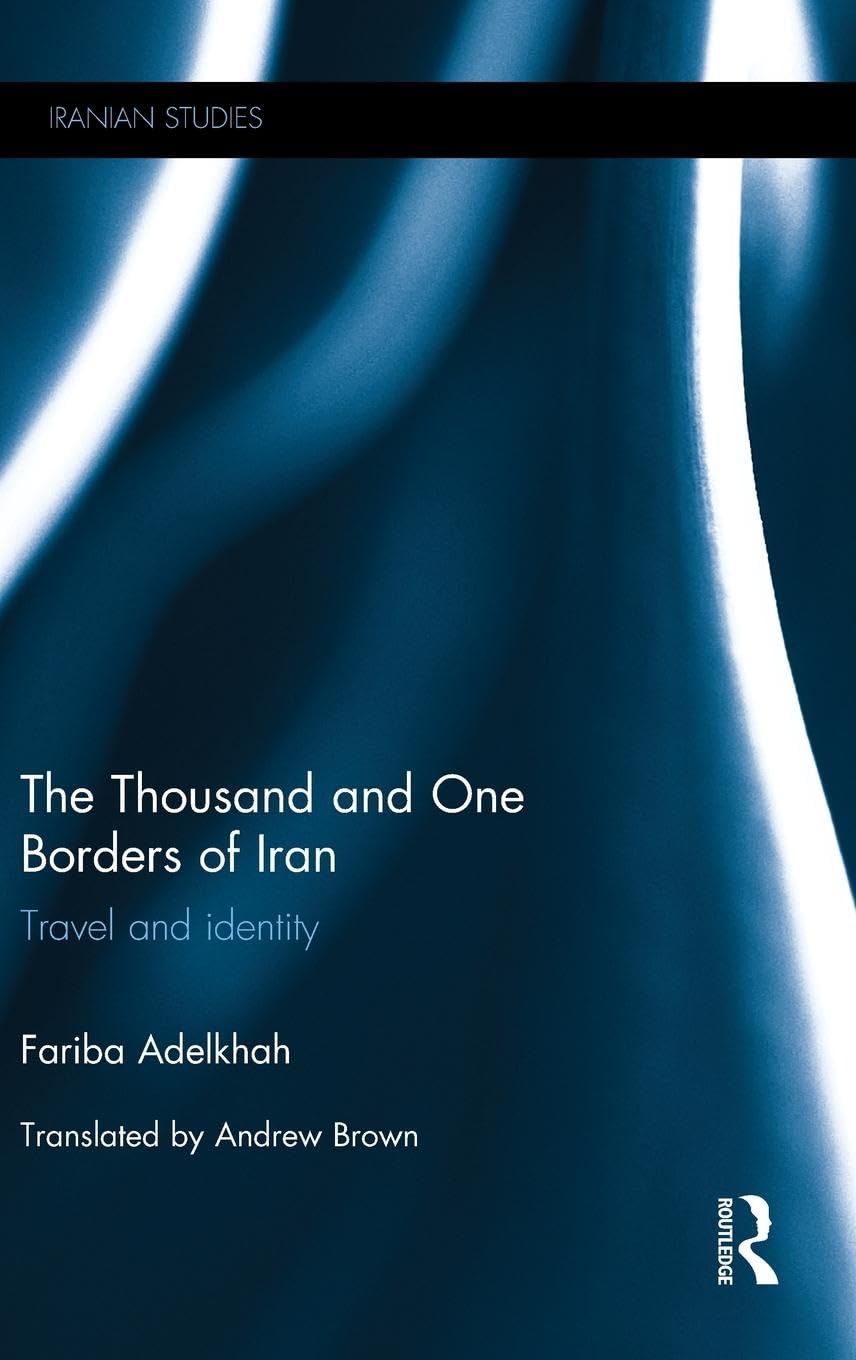
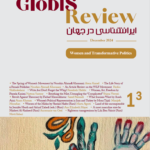
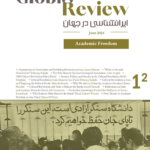
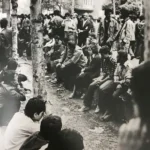
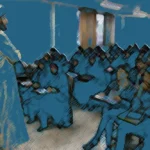

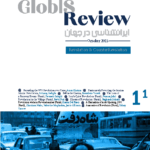
Comments are closed.